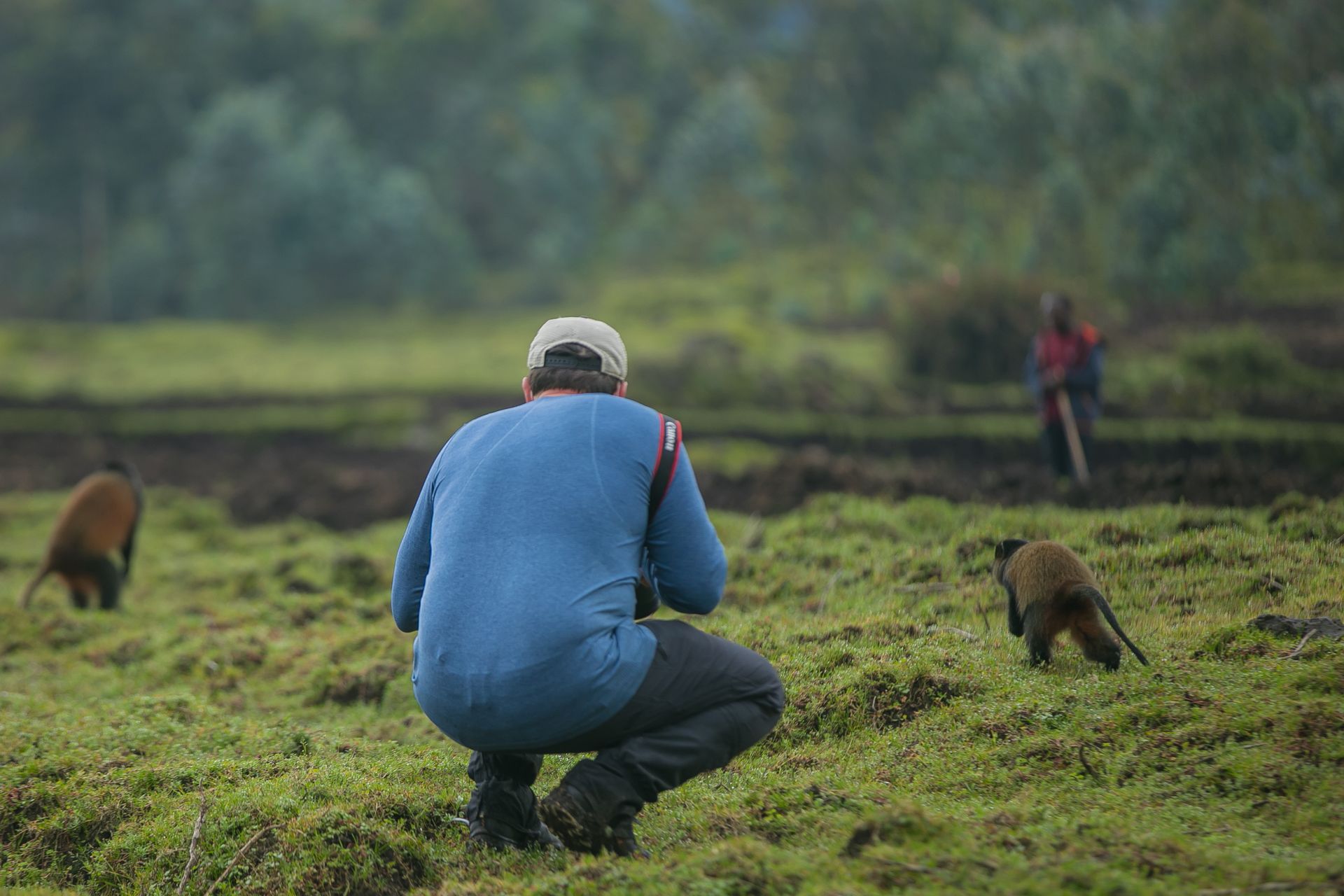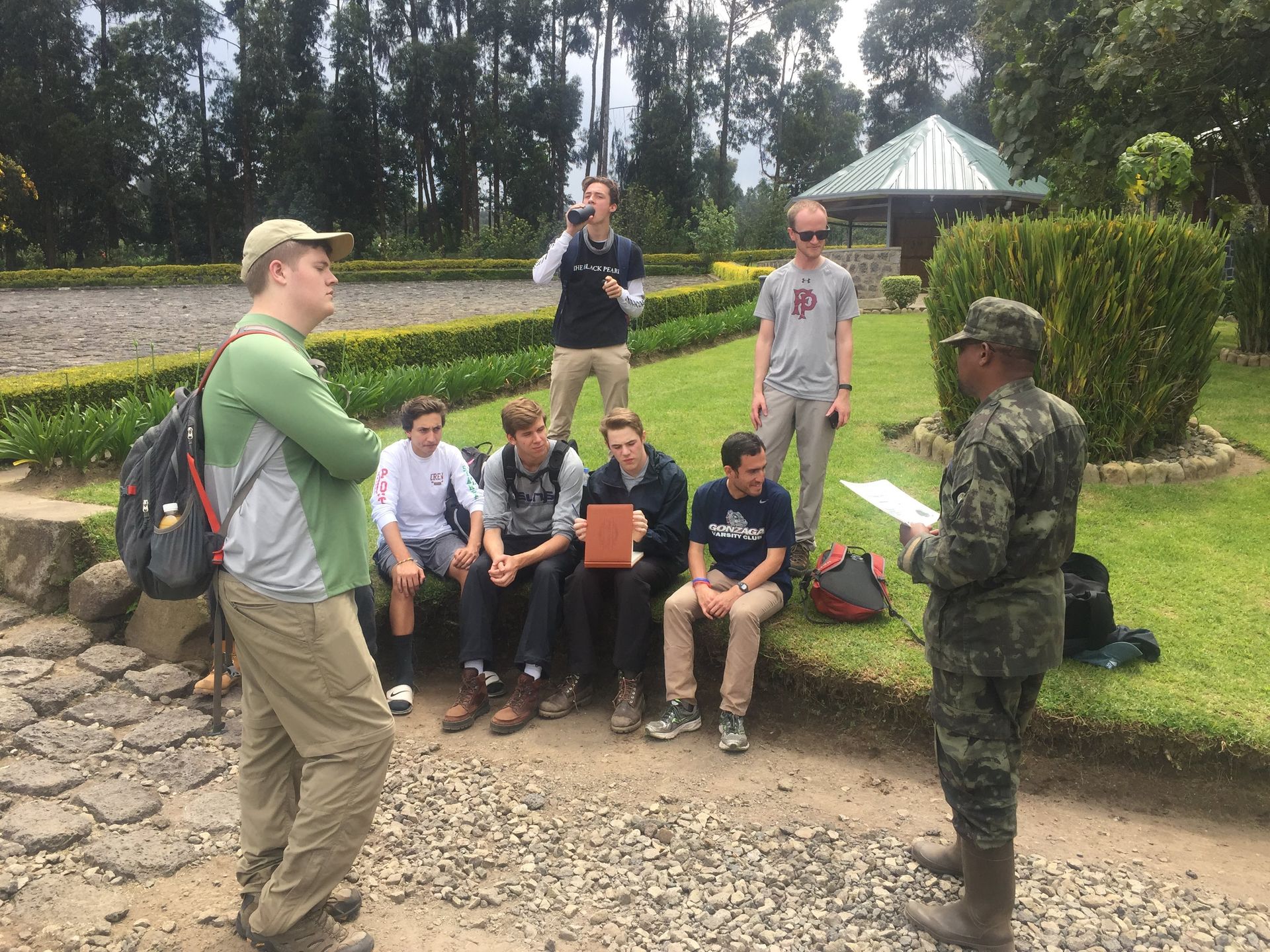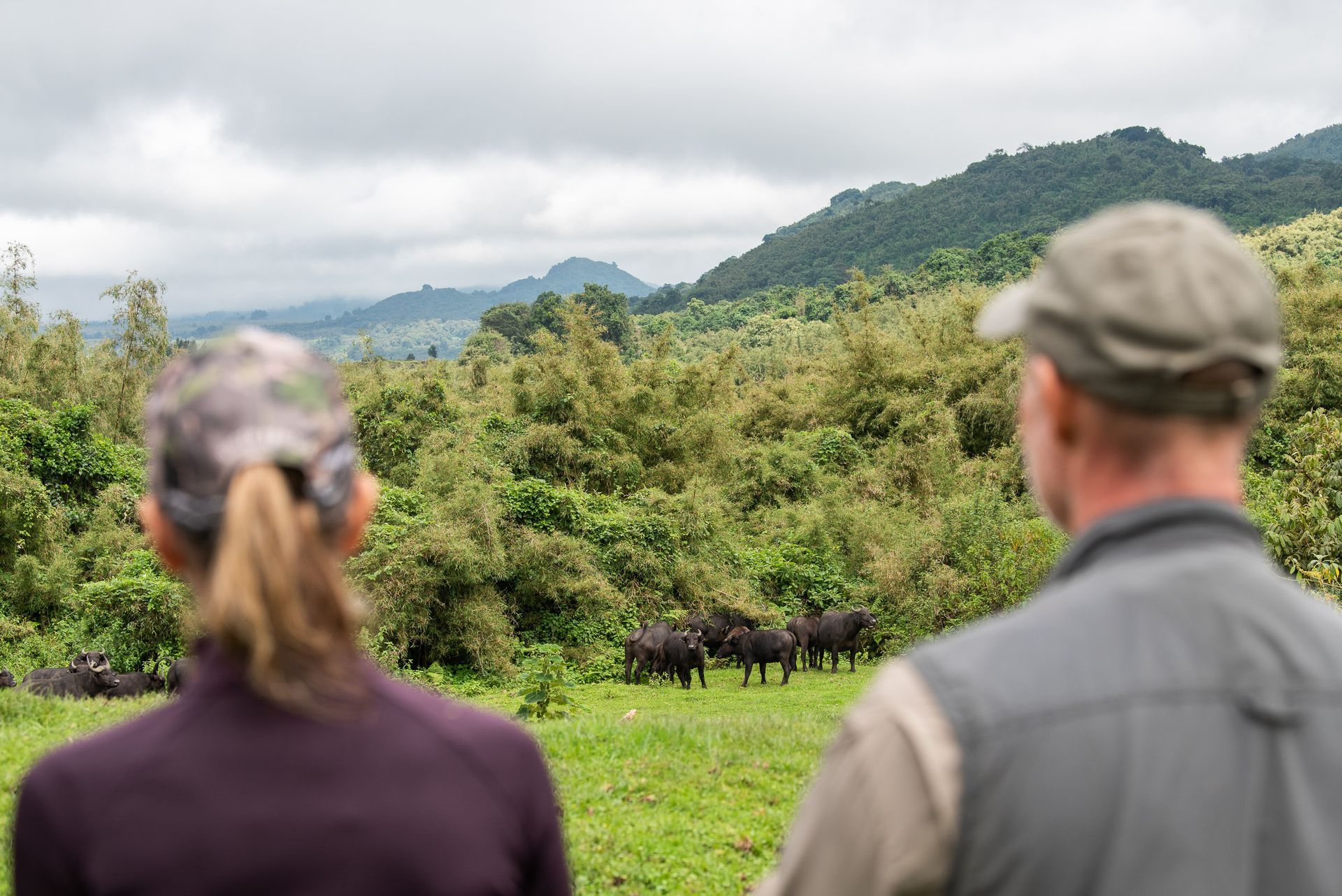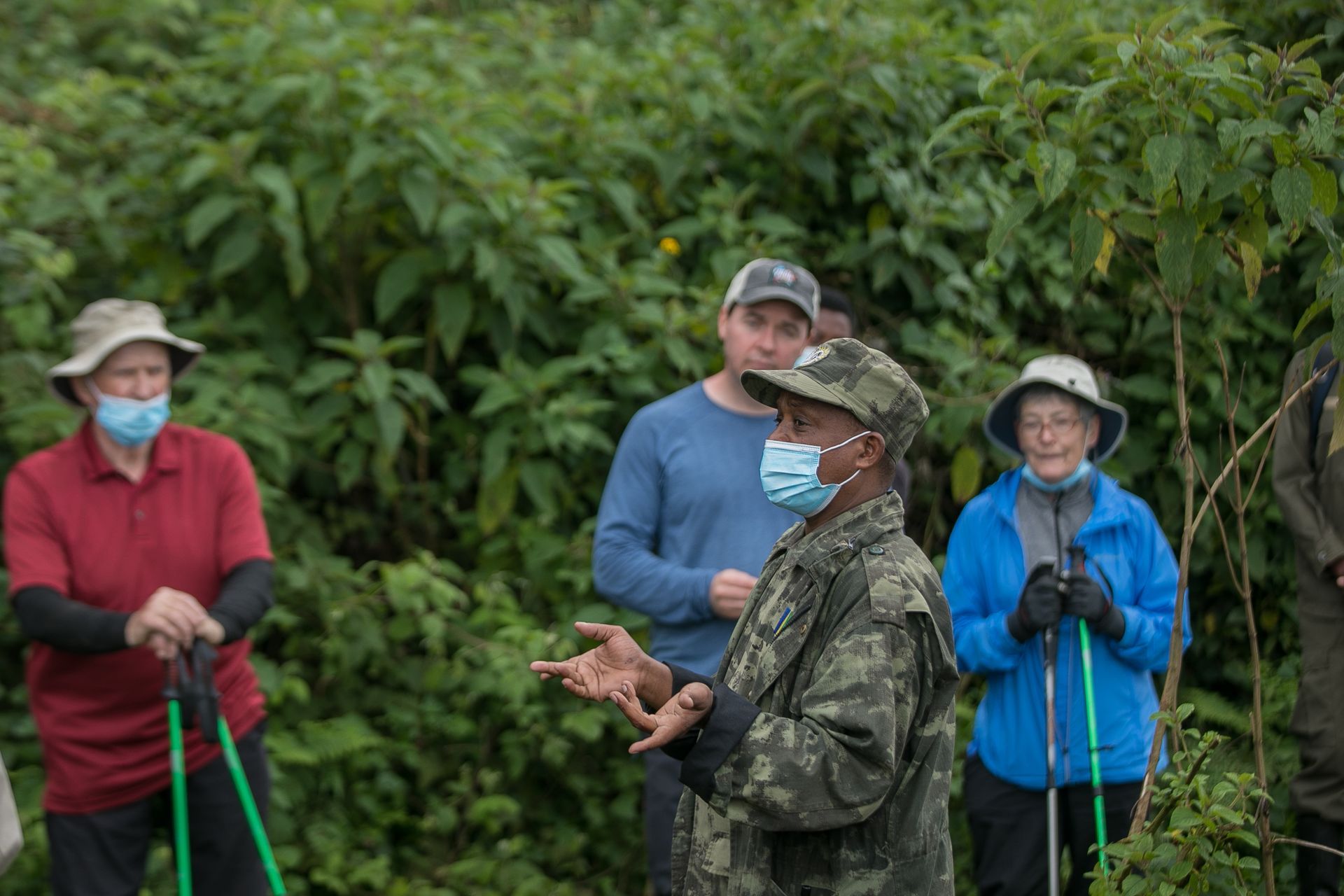A Comprehensive Approach In recent months, Rwanda has found itself at the forefront of a public health challenge with the emergence of the Marburg virus. As a highly infectious disease with a high mortality rate, the Marburg virus poses significant risks to communities and health systems. However, Rwanda's proactive measures showcase the nation's resilience and commitment to safeguarding public health. In this blog, we will explore how Rwanda is handling the Marburg virus outbreak and the strategies that are being implemented.
Understanding Marburg Virus Marburg virus disease (MVD) is caused by the Marburg virus, which is part of the Filoviridae family, the same family that includes the Ebola virus. It is transmitted to humans through contact with infected animals, particularly fruit bats, or through direct contact with the bodily fluids of infected individuals. Symptoms can start abruptly and include fever, severe headache, and muscle pain, often progressing to more severe symptoms such as hemorrhagic fever.
Rwanda's Preparedness and Response
1. Early Detection and Surveillance: Rwanda has strengthened its surveillance systems to ensure early detection of any potential cases. The country has trained healthcare workers to recognize symptoms of Marburg virus and report them promptly. Enhanced monitoring at points of entry, including airports and border crossings, plays a critical role in identifying potential cases before they spread.
2. Public Awareness Campaigns: Public education is vital in mitigating the spread of the virus. The Rwandan government, in collaboration with health organizations, has launched extensive awareness campaigns to inform the public about the Marburg virus, its symptoms, transmission methods, and preventive measures. These campaigns utilize various platforms, including radio, television, and social media, to reach diverse populations.
3.Quarantine and Isolation Protocols: In light of confirmed cases, Rwanda has implemented strict quarantine protocols for individuals who have been in contact with infected patients. Isolation centers have been established to treat confirmed cases, ensuring that patients receive the necessary care while preventing further transmission.
4.Collaboration with International Health Organizations: Rwanda's response involves collaboration with international health organizations such as the World Health Organization (WHO) and the Africa Centres for Disease Control and Prevention (Africa CDC). These partnerships provide technical support, resources, and expertise to enhance the country's response efforts.
5.Research and Vaccine Development: Rwanda is also investing in research to understand the virus better and develop potential vaccines and treatments. Collaborations with global health institutions aim to accelerate research initiatives that could provide long-term solutions to combat Marburg virus outbreaks.
Community Engagement and Resilience Community involvement is crucial in managing the outbreak. Local leaders and community health workers are vital in disseminating information and encouraging preventive behaviors. Engaging communities fosters trust and ensures that public health messages resonate at the grassroots level.
Conclusion Rwanda's multifaceted approach to handling the Marburg virus outbreak highlights the importance of preparedness, rapid response, and community engagement in public health. By prioritizing education, surveillance, and international collaboration, Rwanda is setting a precedent for how countries can effectively manage and mitigate the risks associated with emerging infectious diseases.
As the situation evolves, continuous monitoring and adaptation of strategies will be essential. Rwanda's response to the Marburg virus serves as a reminder of the critical need for global solidarity in combating health threats and protecting communities from infectious diseases. The lessons learned from this outbreak will undoubtedly contribute to the nation's ongoing efforts to strengthen its health systems for the future.











